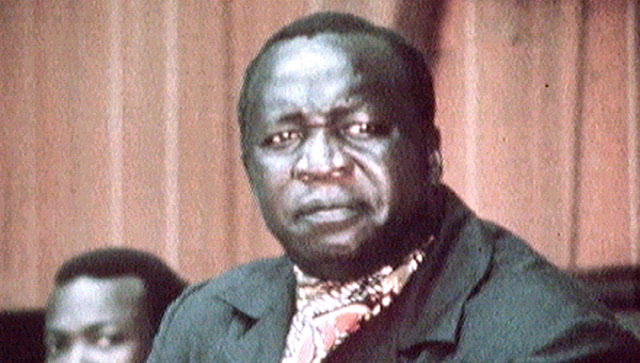Admitting one’s mistakes is a difficult task and it becomes even more challenging for those in positions of power especially when dealing with historical wrongs. A poignant example of this struggle is evident in Britain’s reluctance to apologise or make amends for its colonial past. However, turning our attention to Uganda provides a refreshing perspective as the Ugandan president openly acknowledges the mistakes of the past and seeks redemption.
Uganda’s painful past In the 1970s, Uganda faced a tumultuous period under the rule of Idi Amin, a military dictator notorious for his racist ideologies. During his regime, Amin targeted the Asian community in Uganda, comprising mainly Indians and Pakistanis who had settled in the country. Amin’s decree in 1972 mandated the expulsion of all Asians within 90 days, leading to a mass exodus and economic upheaval. The story of the Indian community in Uganda can be traced back to colonial times when the British, in their pursuit of building a railway network in 1894, brought workers from undivided India. Over the years, this community became influential, owning 90 percent of Uganda’s businesses and contributing significantly to the country’s economy. Idi Amin’s hostility Idi Amin, however, viewed the thriving Asian community as a threat. He labelled them “bloodsuckers”, accusing them of hoarding wealth and denying opportunities to Ugandans. In 1972, he ordered the expulsion of the entire Asian community, resulting in the loss of over five thousand assets, including businesses, farms, homes and cars. Amin’s economic war against the Asians proved disastrous for Uganda. The GDP plummetted and between 1972 and 1975, the country experienced a 5 percent decline. Contrary to Amin’s intentions, the locals bore the brunt of the expulsion, with claims stating that they were the “biggest losers”. Amin’s rule was marked by widespread human rights abuses leading to the deaths of an estimated 300,000 people. Idi Amin was overthrown in 1979 and Yoweri Museveni assumed the presidency. Unlike his predecessor, Museveni recognised the contributions of the Indian community and regretted the missed opportunities. He took steps to undo the damage, returning properties confiscated by Amin and inviting Indian expatriates back to Uganda. The present and future Today, around 35,000 Indians live in Uganda, actively contributing to sectors such as manufacturing, trade, banking, tourism and information technology. They have regained their influence and are among the country’s top taxpayers. Museveni’s acknowledgment of historical wrongs serves as an example for leaders worldwide, emphasizing the importance of reconciliation, redemption and learning from the mistakes of the past. Uganda’s journey from the painful expulsion of its Indian community to acknowledgment, reconciliation and redemption stands as a powerful example for nations grappling with historical wrongs. By openly addressing mistakes, acknowledging the contributions of affected communities and fostering an environment of inclusivity, leaders can pave the way for a brighter and more harmonious future. Views expressed in the above piece are personal and solely that of the author. They do not necessarily reflect Firstpost’s views. Read all the Latest News , Trending News , Cricket News , Bollywood News , India News and Entertainment News here. Follow us on Facebook , Twitter and Instagram .
)